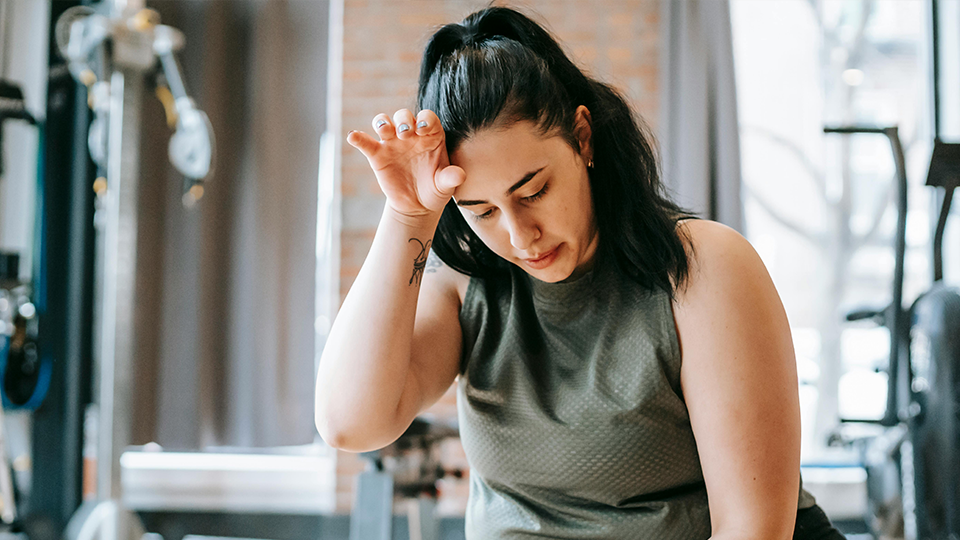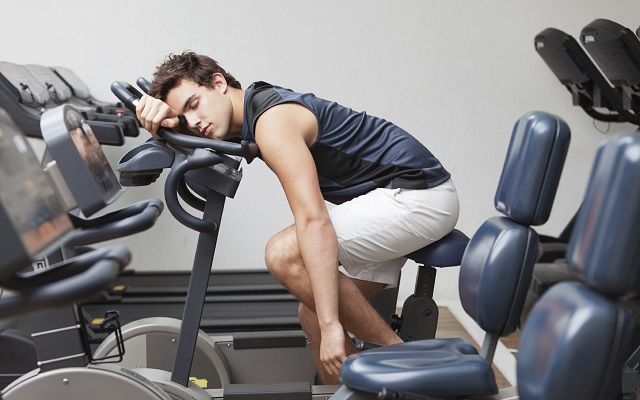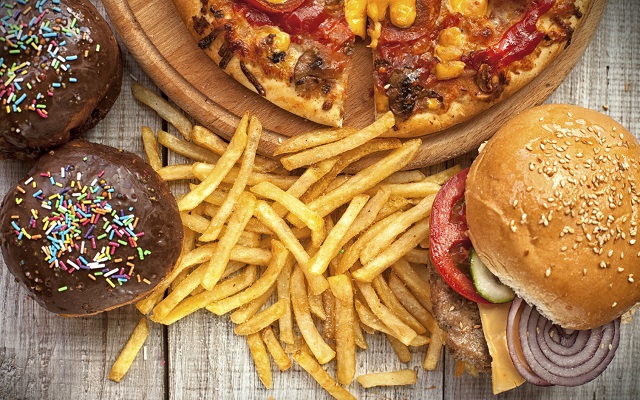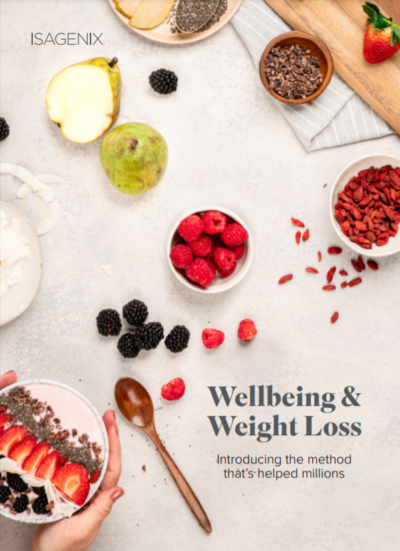Fitness + Well-Being
Athletes, You Need More Sleep
Sleep for athletic performance is just as important as your training and nutritional program. Why? It’s because sleep is one of the strongest recovery mechanisms you have when it comes to intense training.
Does Salt Affect How Much We Eat?
People like the taste of junk food. When looking at the basic composition of foods like macaroni and cheese, pizza, French fries, and fried chicken, they are generally fatty, starchy, and almost always salty. Fat and carbohydrate intake offer us energy, yet salt is energy-free.
Endurance Athletes
Are you preparing for your next marathon? Endurance athlete and Isagenix Millionaire Susan Sly shares her tips for utilizing the new AMPED™ Products during your run. Susan opens ups about the highs and lows of her career as an elite athlete and how Isagenix refueled her fire to start competing again.
AMPED Power: Nitrosigine in the Scientific Spotlight
AMPED™ Power provides a powerful and effective pre-workout formula with active ingredients that work together to support blood flow and nutrient delivery to muscles, boost athletic performance, and aid in muscle contraction. One of those major active ingredients is Nitrosigine®.
What Nutritional Strategies Are Best for Healthy Aging?
Telomeres are the protective nucleic acid and protein caps on the ends of chromosomes and are a key to healthy aging. Because telomeres help maintain stability of our DNA, they are critical in controlling cellular aging and death.
IsaLean Shake: A Complete Ingredient-by-Ingredient Breakdown
At the core of any Isagenix System is IsaLean® Shake. The chief function of IsaLean Shake is to serve as a nutritionally complete meal replacement. With a proper balance of protein, good fats, and low-glycemic carbohydrates, along with a full spectrum of vitamins and minerals, IsaLean Shake takes all of the guesswork out of weight management and muscle maintenance.

















